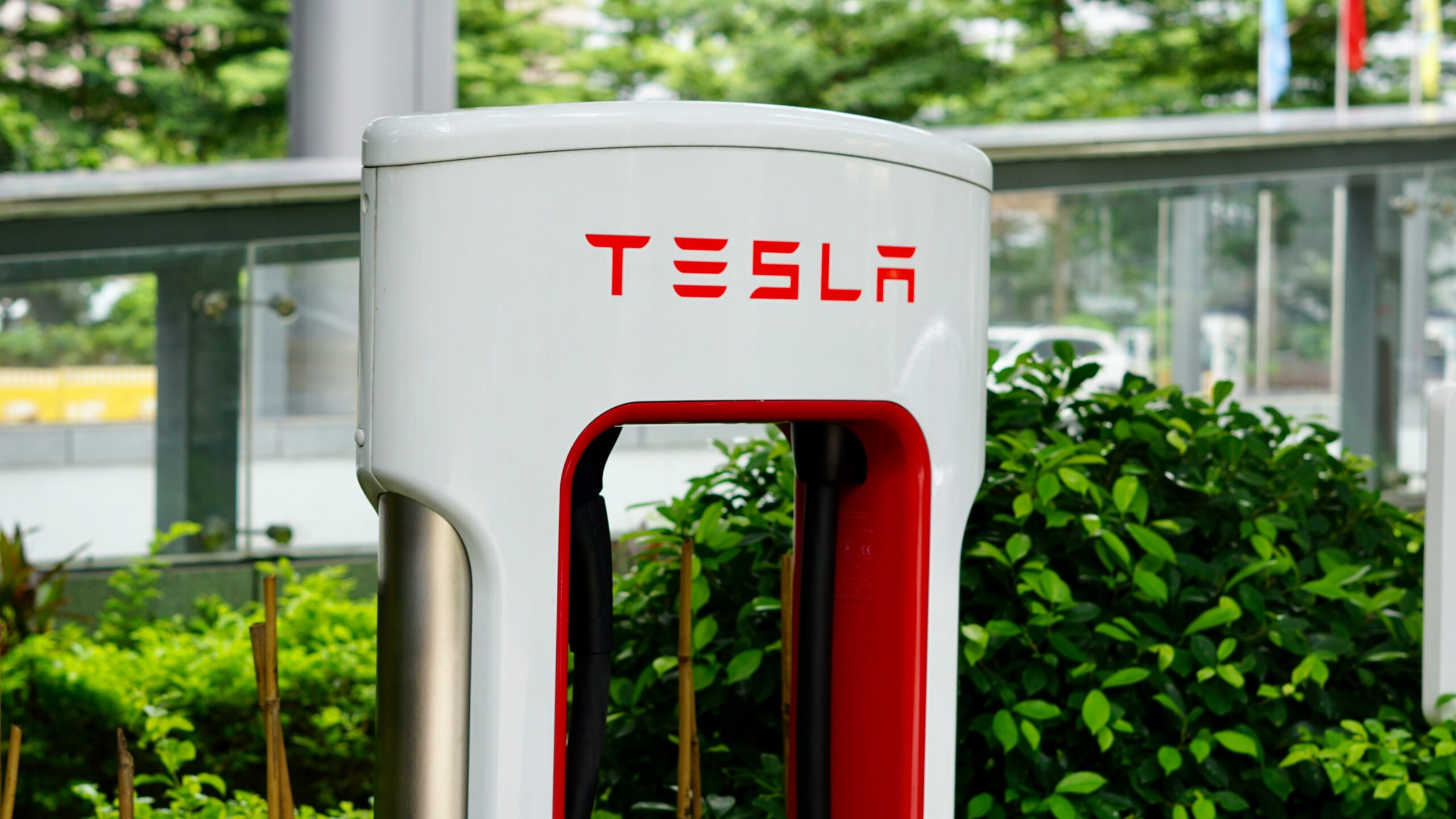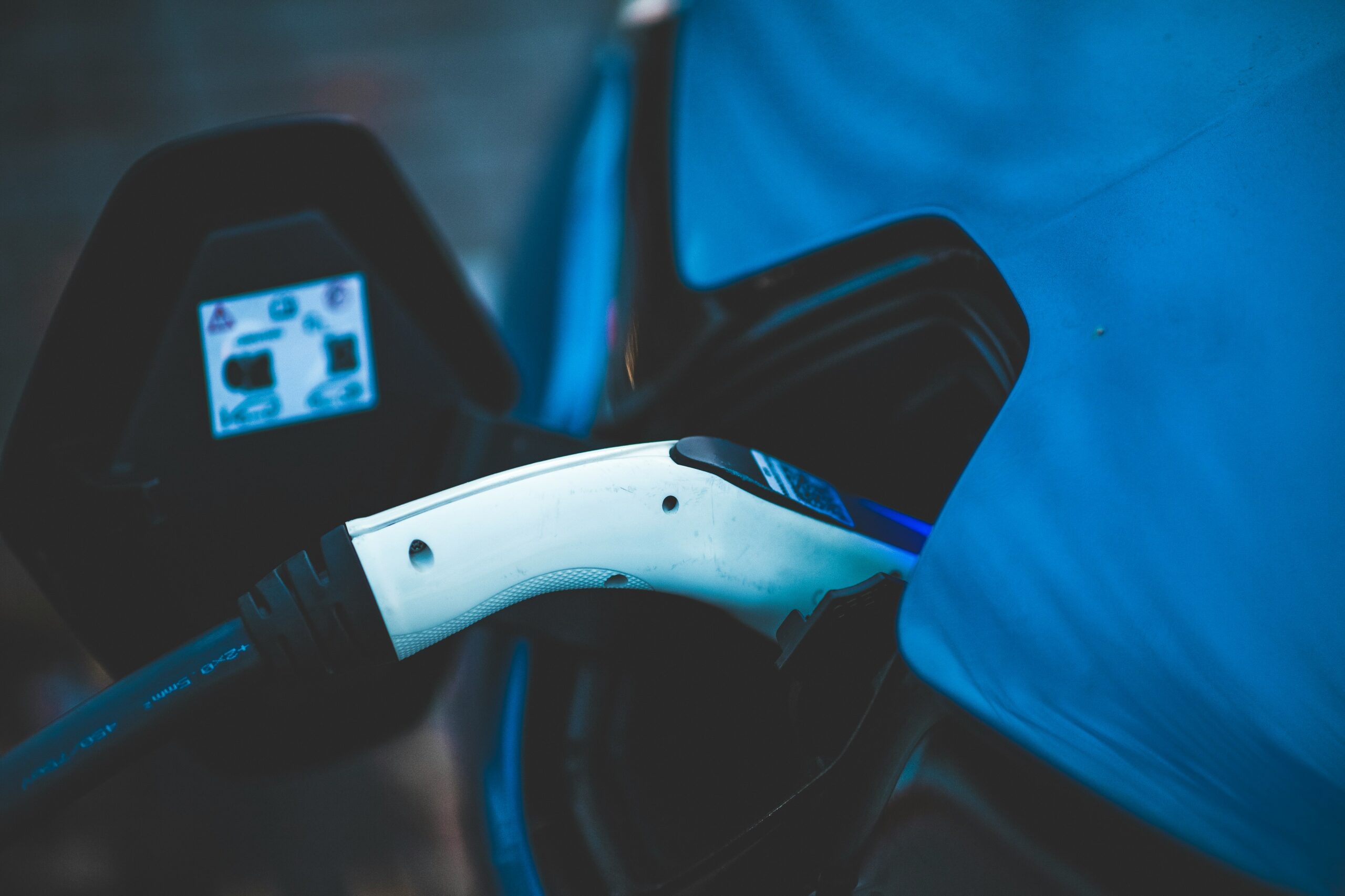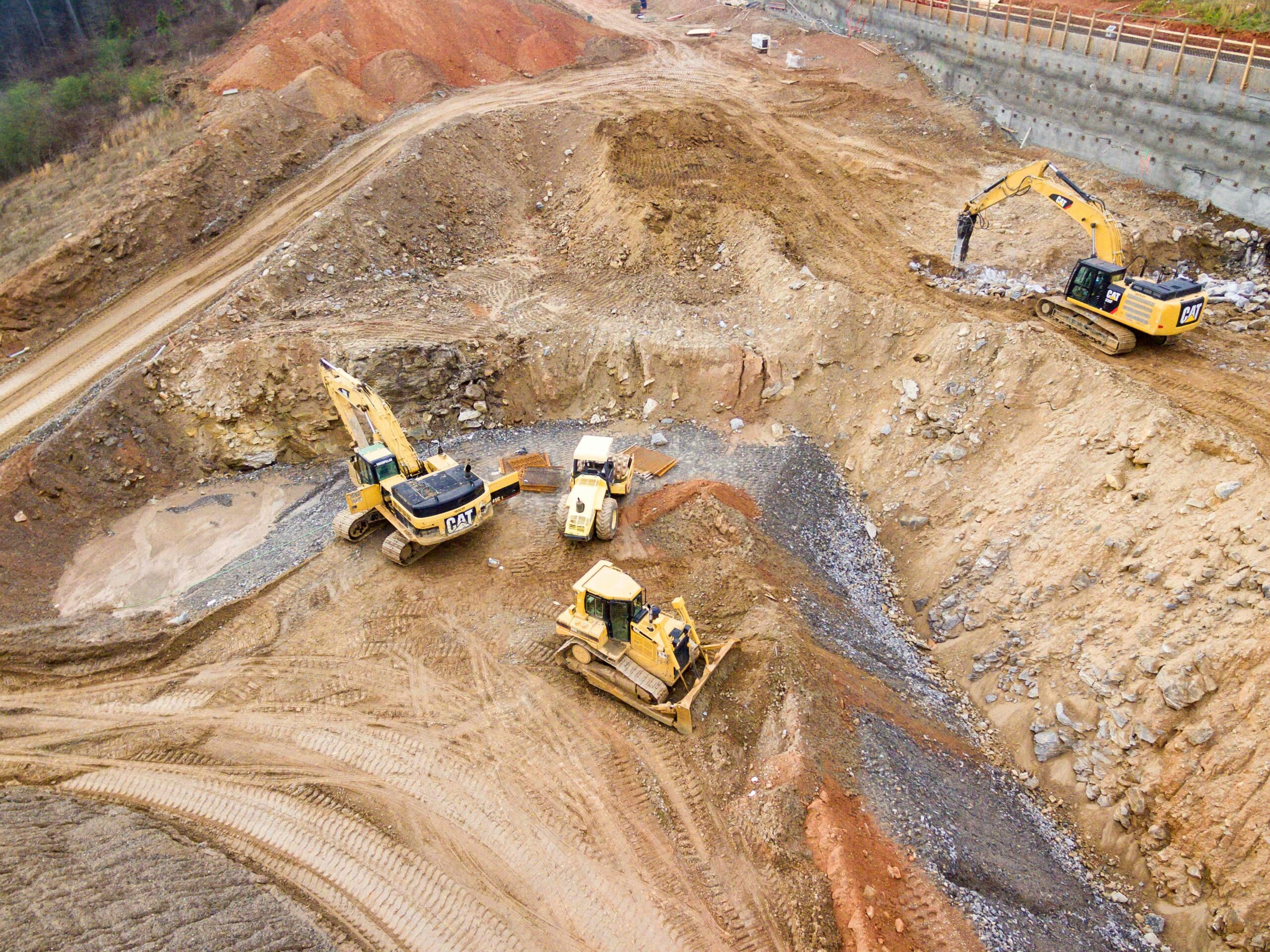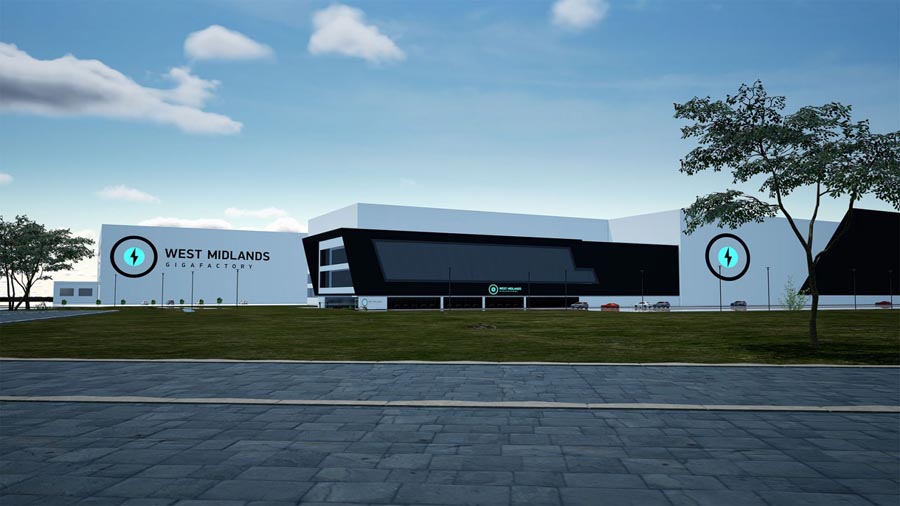During Tesla’s Q1 earnings call, Elon Musk noted that supply chain issues and difficulties in sourcing battery materials could hinder EV adoption. He mentioned that Tesla has been dealing with chip shortages, rising raw material costs, and COVID-19 disruptions. Musk encouraged entrepreneurs to enter the lithium industry, calling it “a license to print money.”
Tesla, like other industries, faces supply chain constraints. The company is diversifying battery chemistries, with nearly half of its Q1 vehicles using lithium iron phosphate batteries, which are free of nickel and cobalt. Despite a 90% year-over-year increase in energy storage deployments, Tesla’s growth is limited by supply chain issues, with demand surpassing production capacity. The company is ramping up production at a Megapack factory to meet this demand.
Musk emphasized the importance of lithium refining, stating, “It’s, I think, the single biggest cost growth item right now certainly on a percentage basis.” He noted that while lithium ore is abundant, the refining process is complex and requires significant industrial equipment. Musk encouraged investment in the lithium sector, predicting a surge in production that would lower prices and further develop the EV and battery markets. This situation is compared to past silicon shortages in the solar industry, which resolved with increased production capacity.





